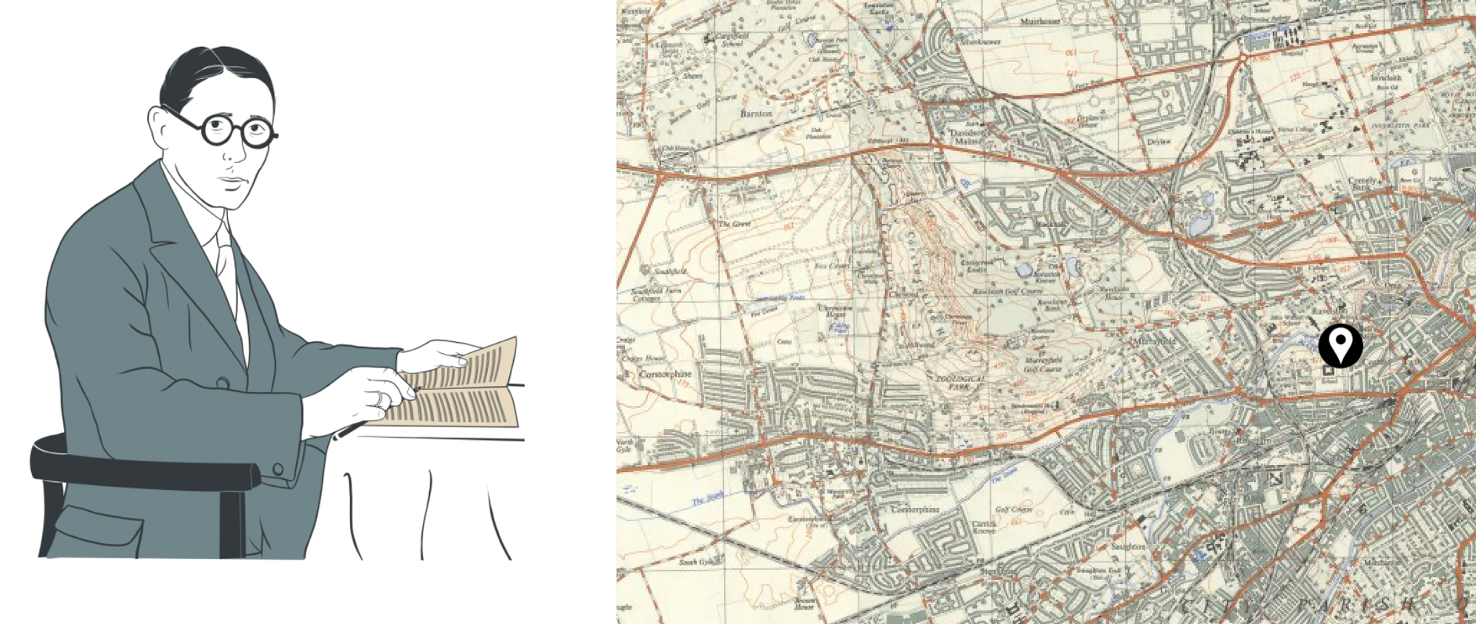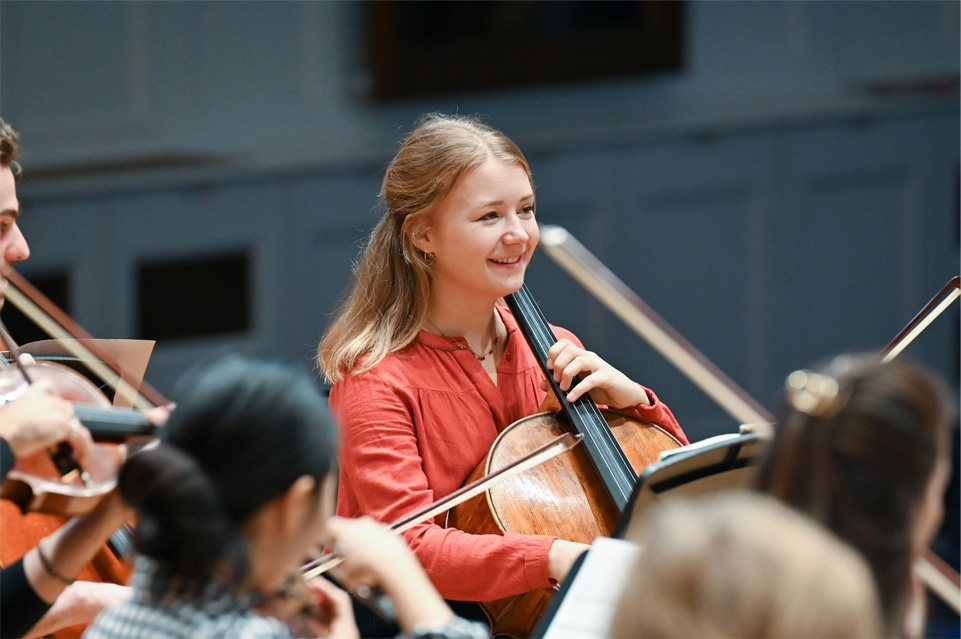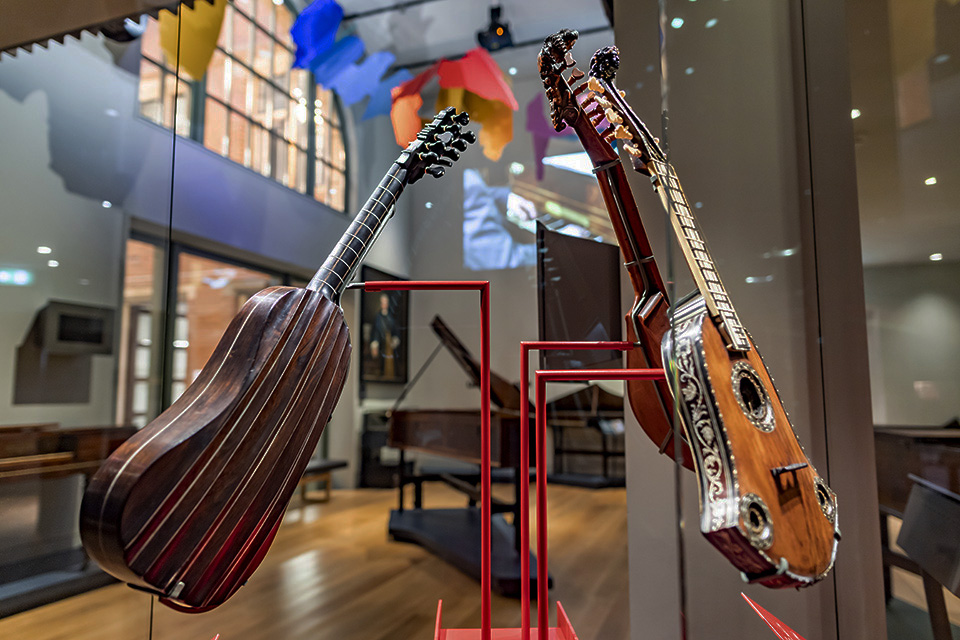Storymaps

Please click on the drop-down sections below and click the links to explore our large collection of interactive story maps, each grouped together by theme.
These stories have been made to share interdisciplinary research undertaken as a collaboration between the Royal College of Music, the Department of Geography at Royal Holloway University of London and the research initiative Musik und Migration at the University of Salzburg, Austria. Hosted on the ArcGIS platform, they can be accessed and embedded individually as well as through the RCM website.
Here you will find a collection of storymaps that tell the mobile stories of musicians who fled Nazism for Britain, as well as the institutions within which they worked.
Peter Gellhorn: An institutional biography
Ferdinand Rauter and Engel Lund: Touring Activity, 1929-1960
This series of storymaps explores the highly mobile life of the composer and educator Mátyás Seiber (1905—1960). It follows him from his early years in fractious post-First World War Hungary, through to his prolific, diverse musical output in Britain.
Mátyás Seiber part 1: Inside and Outside the Nation
Mátyás Seiber Part 2 - Global movement, global music: Cruise liners, Frankfurt, and Jazz influences.
Mátyás Seiber Part 3 - Moving to Britain: Emigration and the war years, 1933-1945
This collection of storymaps presents the memories of Eric Sanders (1919—2021), a writer, teacher, musician, political activist, and former soldier who escaped Vienna for Britain at the time of the Nazi takeover in 1938.
Eric Sanders’s Memory Map Part 1
Eric Sanders’s Memory Map Part 2
Eric Sanders’s Memory Map Part 3
Eric Sanders: A map of memories
These storymaps explore the mobilities of émigré musicians connected at the foundation of the Glyndebourne Festival Opera. The conductor Fritz Busch, opera director Carl Ebert and manager Rudolf Bing were some of the many émigré musicians who contributed to the success of this innovative opera company with a firmly international outlook.
“Lieber Herr Bing…”: Tracing correspondence from the Glyndebourne archives, 1936-8
Winding Paths to a Country Opera House: The founding of the Glyndebourne Festival of Opera
This collection of storymaps focuses on the internment of émigré and refugee musicians from Germany and Austria by the British state in 1940-41. This unfortunate episode brought much hardship, but the shared experience of internment also forged lasting friendships and led to many musical activities.
Barbed Wire in Britain: Internment in Context
Conditions in the Camps: Internment in Context
Includes a map which explores the global touring reach of the famous Amadeus Quartet, as well a series of maps which explores in detail the group’s connection to the Fifth String Quartet by Joseph Horovitz, a fellow Austrian émigré and former RCM professor.
Amadeus Quartet: Journey to the 5thQuartet Pt.1: Early Years and the Anschluß
Amadeus Quartet: Journey to the 5thQuartet Pt.2: Early Years in Britain
Amadeus Quartet: Journey to the 5th Quartet Pt.3: Established Careers and Later Life
These storymaps present the work of Dr. Giada Peterle, who collaborated with the Music, Migration, and Mobility team on a series of comics that explore the experiences of Second World War internees in Britain. Her work was inspired by Music Behind Barbed Wire, the diary of the composer Hans Gál, and What a Life! – a musical revue produced in internment.
Disclaimer: All images used on this site in connection with the 'Singing a Song in a Foreign Land' project are used in good faith. We have made every effort to ascertain copyright permissions for historical images and this information has been included where known. Please contact Norbert Meyn: norbert.meyn@rcm.ac.uk if you believe an image has been used incorrectly.











